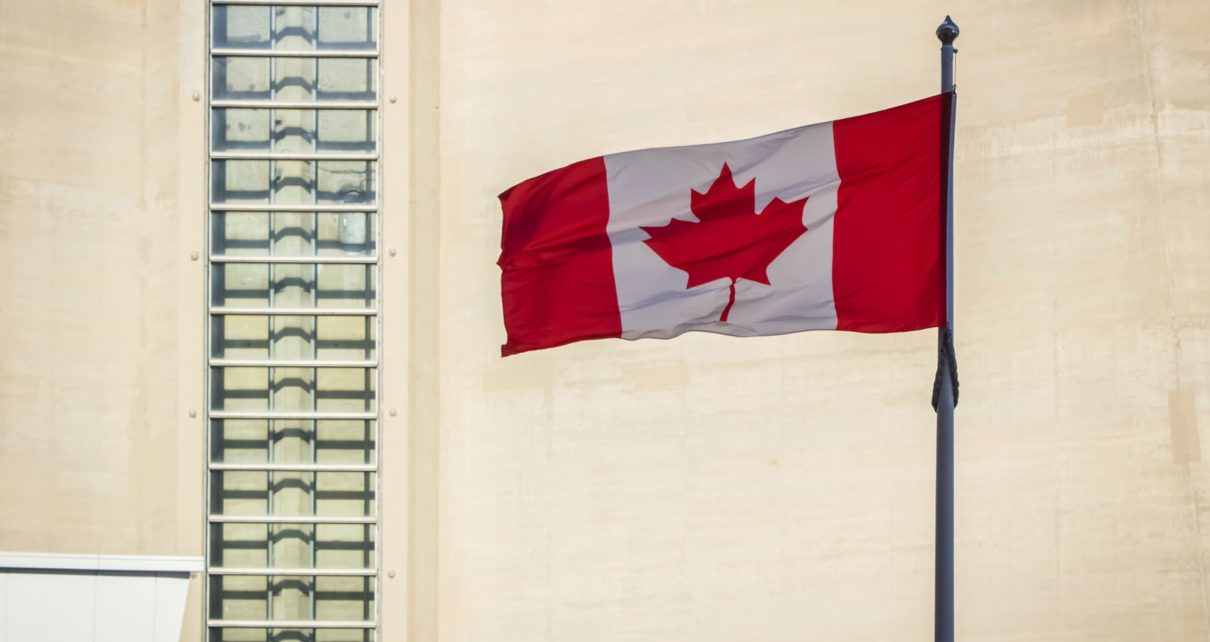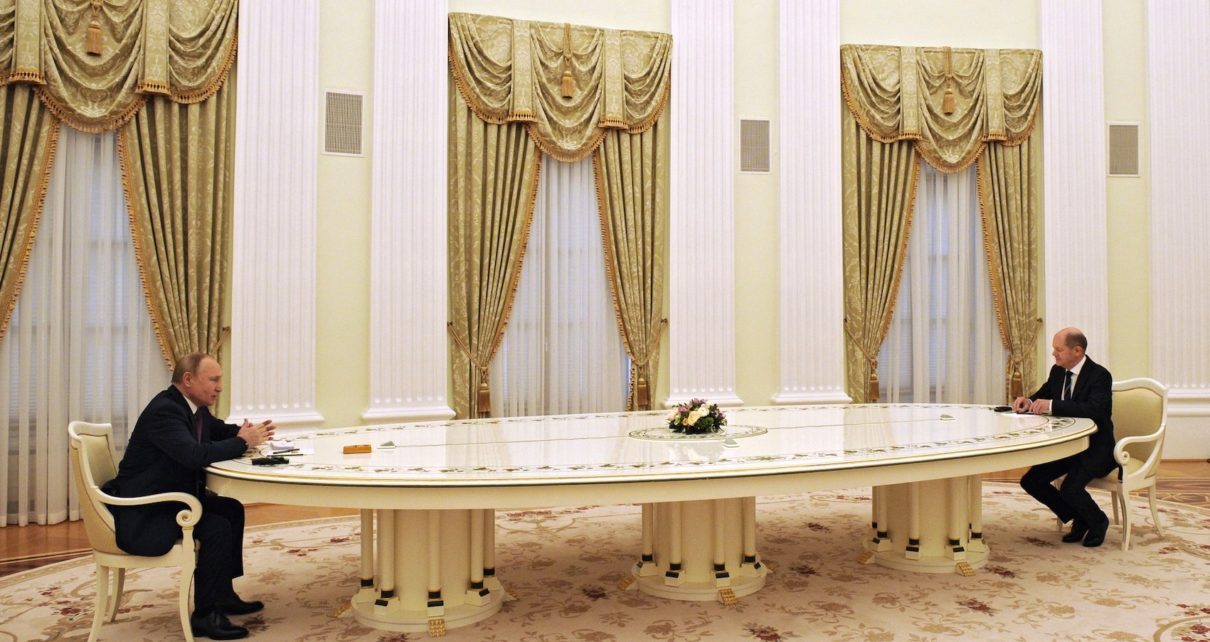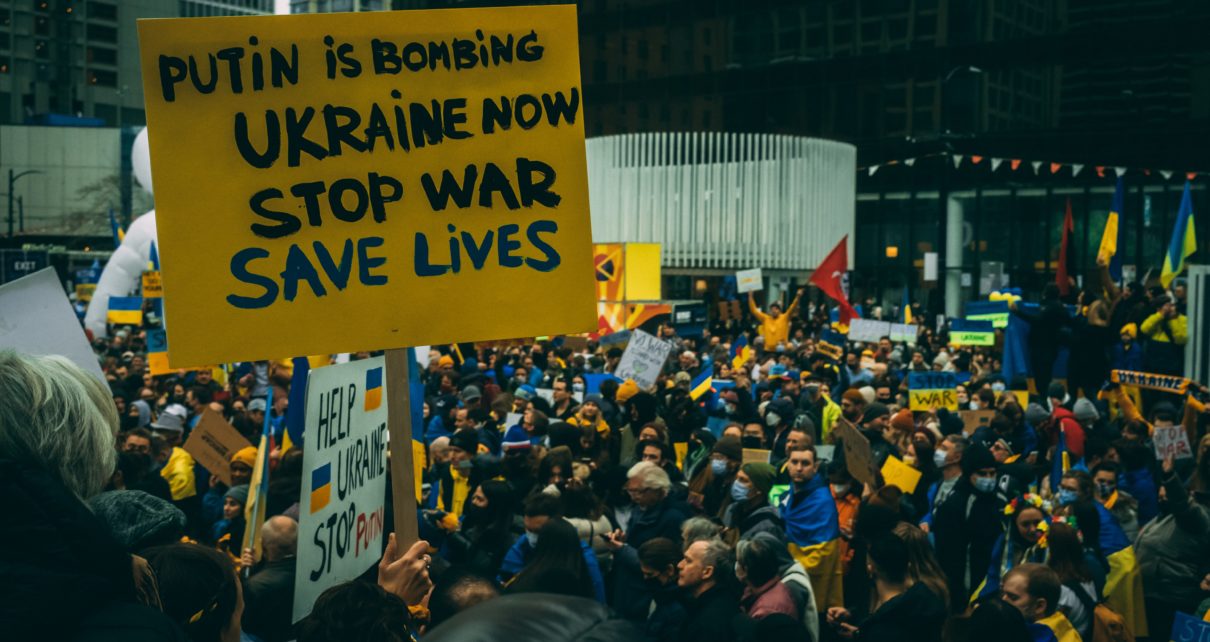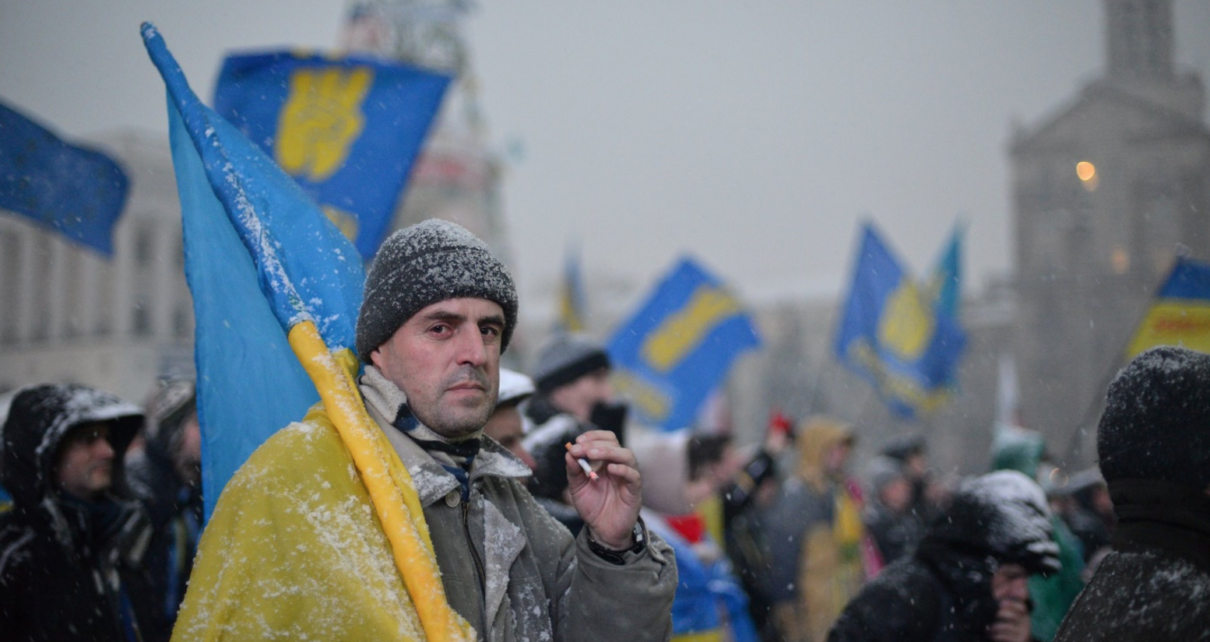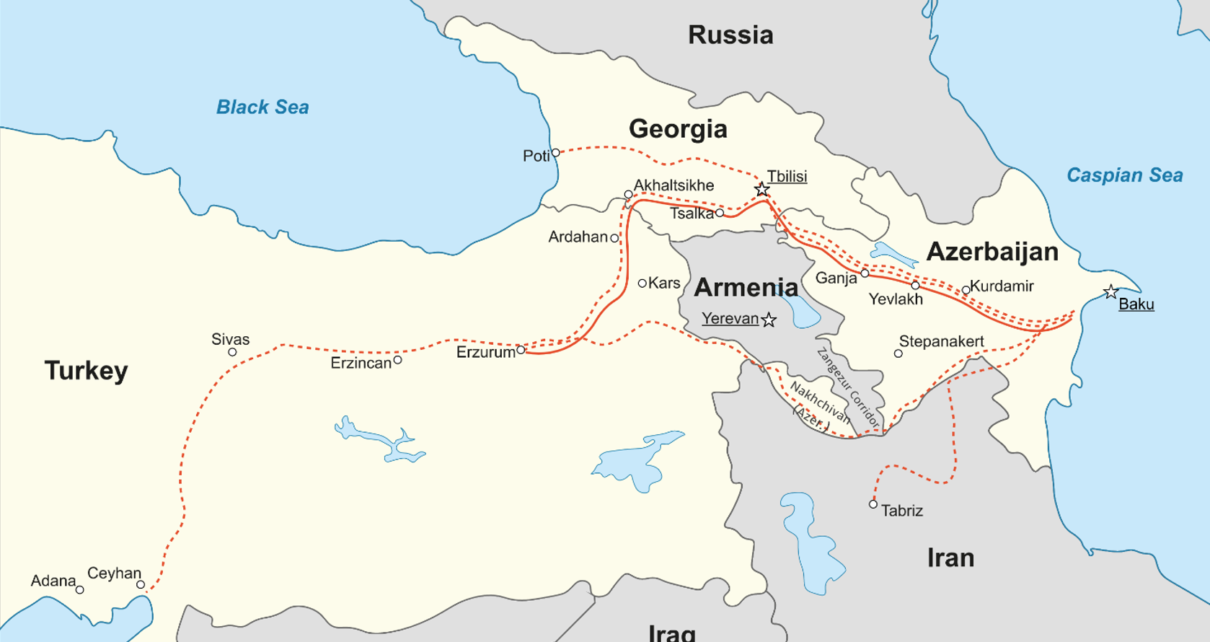A look into the issue of retention and culture in the Canadian Armed Forces
Society, Culture, and Security
The NATO Association of Canada’s Society, Culture, and Security program takes a look at the issues that impact Canadians’ every day lives while connecting them to international relations. The program covers a wide range of topics, which include: pop culture, art, film, global events, and socio-political relations. In addition, Society, Culture, and IR aims to examine and provide in-depth analyses that relate international affairs to the interests of Canadian society.
Special Report: Germany Must Abandon Ostpolitik
For over fifty years, Germany hoped that a conciliatory approach predicated on close economic ties, and diplomatic and cultural rapproachement in its Russia policy – commonly known as Ostpolitik – would warm Russia to the West. Two Russian invasions of Ukraine and many sanctions later, it has become abundantly clear that Berlin’s orthodox policy towards Moscow has Read More…
The Impact of Increasing Political Instability on Canadian Security
A look at Canada’s rising security issues.
The International Implications of Roe v. Wade’s Overturn
The international community has responded to the US Supreme Courts’ overturn of Roe v. Wade. In this article, Jordan McEwen highlights international concerns, specifically for human rights and democracy.
Rising Right-wing Extremism at Home and Abroad: A Global Perspective to Canada’s Freedom Convoy Protest
In this article, Jordan McEwen highlights the growth of right-wing extremist violence by looking at the Freedom Convoy Protest earlier this year.
Cybercrime and Security in our Digital Society
Recent multilateral efforts bring international law into cyberspace.
Canada’s Military: Increased Attention, Increased Funding
Military spending boosted as public awareness of defense rises
Deciphering the Russia-Ukraine War – A Discussion with Professor Marta Dyczok
In this article, Arash Toupchinejad interviews Professor Marta Dyczok from Western University about the socio-cultural and economic implications of the conflict between Russia and Ukraine and the heightened tensions to better assess the status of the situation in Eastern Europe.
Trouble in the Caucasus – The Roots of Iran’s Tensions with Azerbaijan
One year after the Nagorno-Karabakh war, regional security in the South Caucasus is once again at risk. This time, Iran and Azerbaijan are at odds as the countries exchange words and flex their military might in drills across their shared border. In this article, Arash Toupchinejad highlights the root causes of the increasingly sociopolitical dispute and how it could have significant implications for NATO.
Ten Facts about Canada’s World War One Contribution
In the wake of Remembrance Day, Alexis Amini delves into Canada’s contribution during the First World War.

